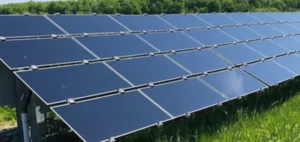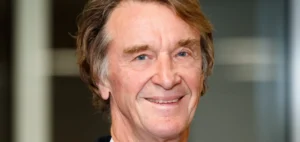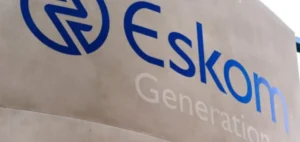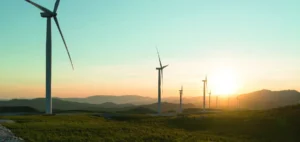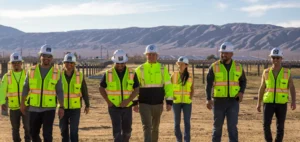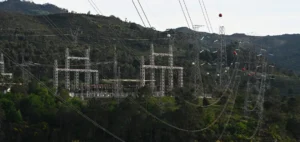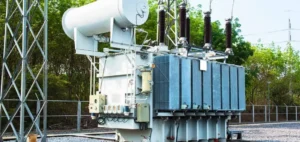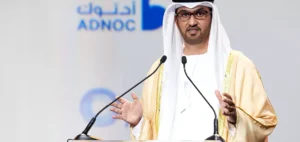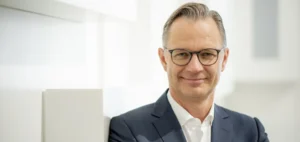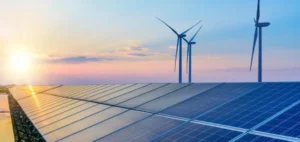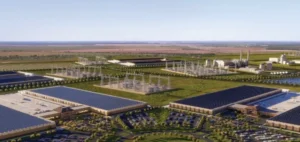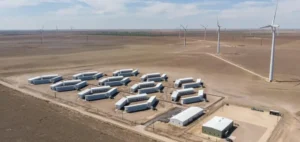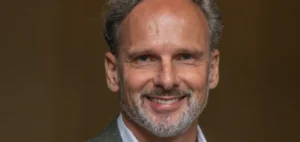Disillusionment for the small holders of EDF who hoped to obtain a better price for their shares: the justice rejected Tuesday their appeal, allowing the Authority of the financial markets (AMF) to restart the process of total renationalization of the energy company the same day.
This renationalization, announced last July by the Prime Minister Elisabeth Borne and valued at 9.7 billion euros, is strategic for the State shareholder, which already held, before the takeover bid, 84% of the national electrical flagship. The aim of the public authorities: to spare EDF from the constraints of the stock market to enable it to relaunch nuclear power more quickly by financing the extension of an ageing fleet, at a time when Russian gas is in short supply, and the construction of at least six new reactors in the coming decades.
“In a ruling handed down today, the Paris Court of Appeal dismissed the appeal lodged by EDF minority shareholders against the decision of the Autorité des marchés financiers (AMF) of 22 November 2022 declaring the simplified takeover bid by the French State for EDF shares to be compliant,” the court said in a statement.
Like the AMF, the judges considered “that the information memorandum of the State on its proposed offer and the memorandum in response to this proposal by EDF had been prepared in compliance with the principles of equal treatment of shareholders and market transparency”.
As a consequence of this decision, the AMF announced, as expected, a few hours after the court’s decision, the reopening of the takeover bid process. This allows shareholders who still own EDF shares to sell them, from May 4 to May 17, the date of the final closing of the operation, to the French State, which already holds nearly 96% of the company’s capital. The court also pointed out that the independent expert “had verified that the offer price proposed by the State was fair, after having evaluated EDF according to a multi-criteria approach provided for by the AMF regulations”.
It thus defeats the main reason for contestation brandished by the employee and retired shareholders of EDF who, for months, have been contesting the price of 12 euros per share set by the State.
“Worst year.”
The plaintiffs claimed a minimum of 15 euros, whereas when the energy company’s capital was opened up in 2005, the share was worth 32 euros, with a 20% discount for employees at 25.60 euros. “These 12 euros are profoundly unfair, as this is an expropriation at the worst time in the history of EDF, but also the assumptions made by the independent expert in his evaluation,” reacted Martine Faure, leader of the EDF employee shareholders who initiated the appeal, to AFP.
Saying she was “disappointed” by the decision, she said the Mutual Funds Supervisory Board, which she chairs, would meet on Friday “to decide what to do next”. The shareholders it represents believe that the company is undervalued and that its revenues have been penalized by a mechanism imposed by the State (Arenh), forcing it to sell its nuclear electricity at low prices to industrialists and alternative suppliers.
EDF also faced serious corrosion problems in its reactors that caused its production to drop in 2022 and deepened its financial losses. “The decision to renationalize was taken in the worst year that EDF has experienced since its creation in 1946,” Florent Segalen, the lawyer for the employee and retired EDF shareholders, had also emphasized at the end of March.
The plaintiffs also believed that Jean-Bernard Lévy, then CEO of EDF, should not have taken part in the vote of the EDF Board of Directors which issued a favorable opinion on the takeover bid.
At issue: the cumulation of his functions as censor on the board of Société Générale, one of the two establishments designated by the State to present the offer, with his status as a group executive appointed by the executive. The court dismissed these grievances, considering that the memorandum produced by EDF, after the favorable opinion of the board of directors, “ensured that the market was fully informed of the conditions under which” the board “had adopted its opinion”.




